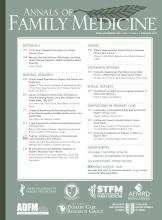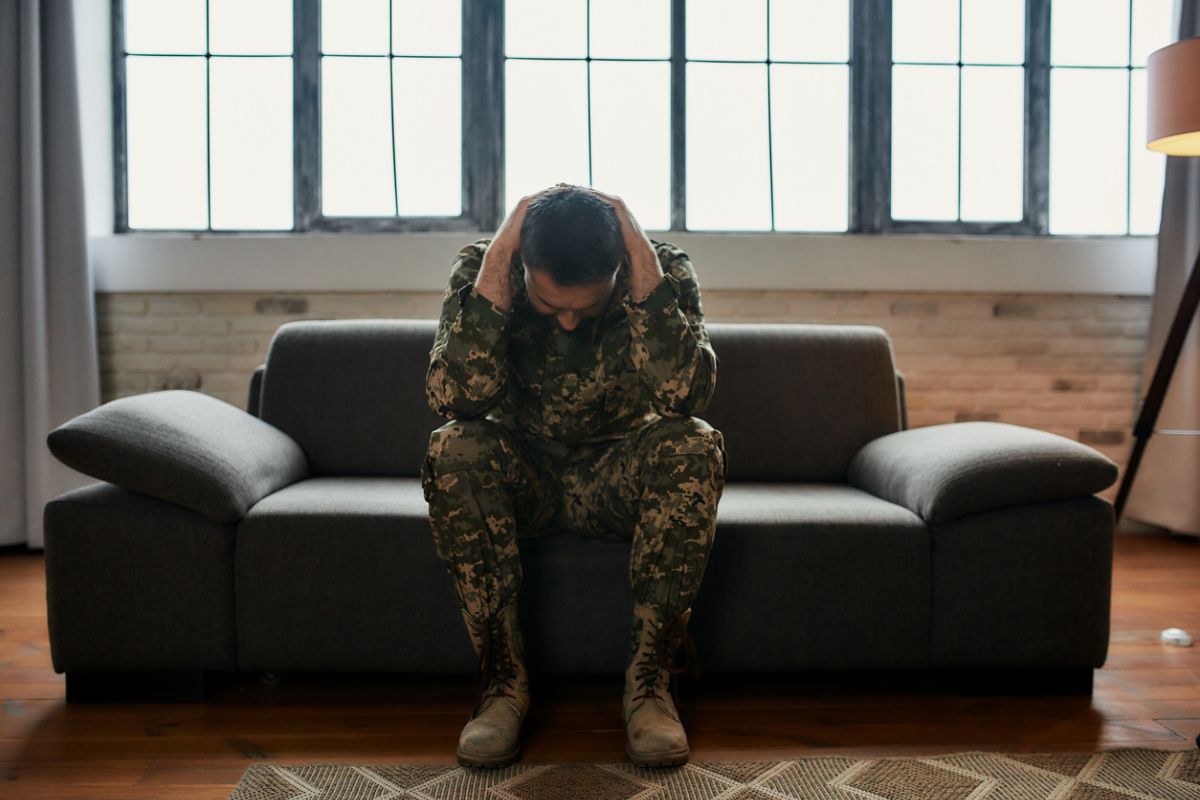In the aftermath of the Oct. 7, 2023, terrorist attack in southern Israel, primary care providers stepped up to treat traumatized evacuees and survivors. Now, intriguing new research appearing in the latest issue of Annals of Family Medicine sheds light on the emotional well-being, resilience, and burnout of those clinicians. The study results are part of a larger focus on the trauma stemming from the regional clash.

The study, led by Dikla Agur Cohen, MD, and Merav Sudarsky, MD, digs into the facets of trauma these health care workers are struggling with. To that end, the researchers spoke with 129 health professionals from multiple clinics, exposing the psychological challenges of helping evacuees and emphasizing the link between self-efficacy, gender, religiosity, and professional experience with well-being and burnout levels.
It also highlights the desperate need for better interventions to support these caregivers.
Implications of Trauma
The researchers found significant gender-based differences in well-being, with male clinicians reporting notably higher scores.
Religiosity also appeared to operate as a potential buffer against burnout, which t could point to faith-based coping mechanisms as a viable treatment alternative.
Additionally, the team uncovered a link between the level of professional experience and one’s well-being. Even so, prolonged exposure to trauma increased one’s risk of succumbing to depersonalization.
Notably, living in conflict zones didn’t seem to threaten the clinicians’ well-being, suggesting to researchers that these challenges are universal.
These results illustrate the heavy emotional toll that comes with providing care in what is essentially a war zone. As such, the study’s authors call for trauma-informed care training, gender-sensitive support strategies, and mental health interventions. By fostering resilience among health care personnel based on these recommendations, they argue, policymakers and regulators can help boost the quality of patient care while staving off caregiver burnout.
Broader Context in Family Medicine
This study is one of four articles in the November issue of Annals of Family Medicine that examines the conflict’s impact on family medicine. In addition to Cohen and Sudarsky’s research, the issue includes a pair of commentaries. One paper, by Palestinian family doctors, breaks down the toll of conflict on their communities. Another, from Israeli doctors, highlights similar struggles among the Jewish medical community.

(A fourth article by Dr. Jeffrey Borkan discusses how war influences family medicine internationally.)
The risk inherent in publishing work centered on such a contentious topic isn’t lost on the journal’s publisher. Editor-in-chief Caroline R. Richardson, MD, stressed how critical it is to amplify the voices of those working under such tragic conditions.
“We anticipate that some readers may interpret our decision to publish these papers as ‘supporting genocide’ or ‘siding with terrorists’,” Richardons wrote. “Others will call us out for not taking a side. Our hope is that these articles move beyond these sound bites and false dichotomies to reveal more of the complexity and the impact of this conflict. Our decision to publish these papers was based on the idea that it is important to remember and support and give a voice to our colleagues and their patients who are living and working under these horrifying conditions.”
“It is easy when reading news stories, walking by protests, or listening to politically charged discussions to forget that there are regular people living in this war zone. There are clinicians and staff who risk their lives to show up for work every day trying to care for their communities, families welcoming new babies, and individual patients just trying to manage their diabetes or get help for their anxiety.”
Moving Past Polarization
Richardson and her team wanted to publish a more nuanced view of the conflict’s impact on health care – in a way that broke through the polarized narratives that dominated the conversation. By focusing on the lived experiences of clinicians and their patients, the journal pushes readers to approach the conflict with empathy and a broader perspective. Consequently, the research and commentaries collectively highlight the resilience and humanity of health care workers who, despite life-threatening risks, fight their own battles to help their communities. They serve as a poignant reminder of the complexities of conflict such as this and how crucial it is to support those on the frontlines of health care.
Further Reading
Psychological Resilience of Mental Health Workers During the Russia-Ukraine War
Risk Factors for the Development of Posttraumatic Stress Disorder Following Combat Trauma
Posttraumatic Stress Disorder Among Hospital Surgical Physicians Exposed to Victims of Terror



